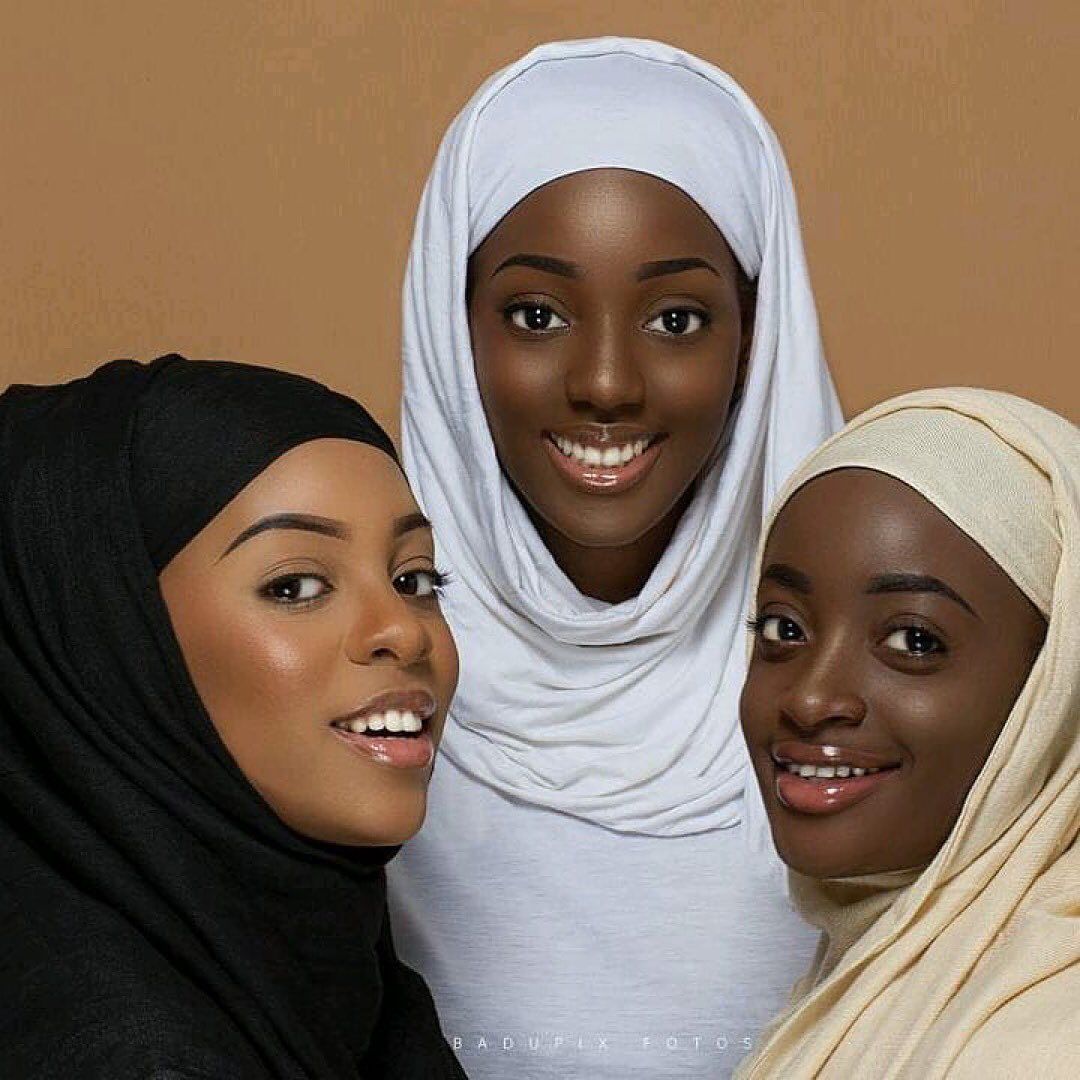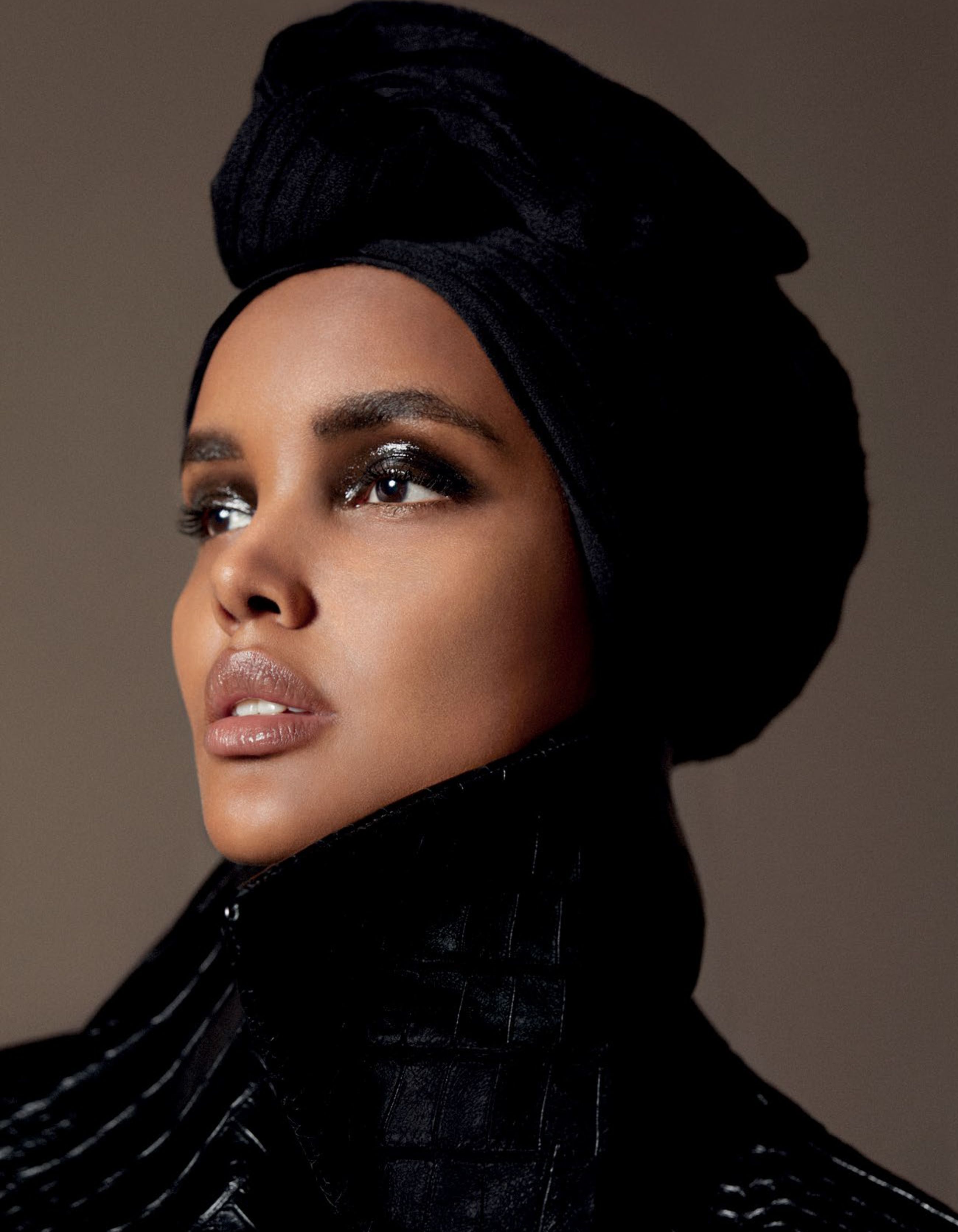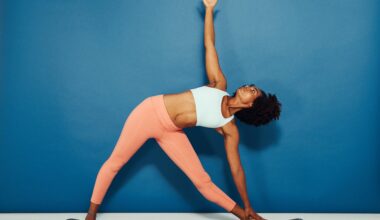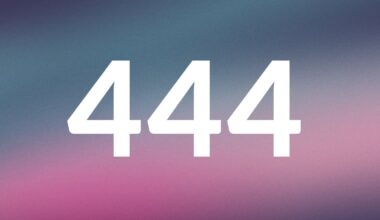5 Things You Probably Didn’t Know About Hijab.

Over the years, a lot of people have come up with their perception of what hijab is. While some think it’s just a piece of cloth worn over the head, a number of people believe it’s a sign of oppression, and others assume hijab is just for women. No, there is a lot to hijab than you can ever imagine and here are 5 things you really need to know about this way of life.
1. Hijab in its literal sense
The word hijab literally means barrier. It is a screen of some sort that partitions an individual from another. It is a protection for women and it creates a barrier from the potential harm and the harassment of unrighteous men. This concept extends from a headscarf worn by women to a concept of modesty that extends to how all Muslims should appear.
2. Hijab is not just for women
Wearing head-covering is one form of hijab, but it is much more. Hijab includes conduct and behaviour among other things, hence the importance of hijab for men. When addressing hijab, the Qur’an does not address women first. It addresses men first (Q24: 30). There isn’t just the hijab of the clothes, there is the hijab of the eyes, hijab of the heart, hijab of thought and hijab of intention. As a form of the hijab (modesty), a Muslim man should always lower his gaze, monitor the way he talks, walks and behave in society.
3. Hijab for women and who can see them without hijab
Muslim women are required by their faith to observe the most visible form of the hijab in public – the head-covering and full-length clothing to conceal the shape of their body. The set of people that can see a Muslimah without her hijab is her husband, father, the father of her husband, her sons, the sons of her husband, her biological brother, her biological brothers’ sons, her sisters’ sons, women, children who have not attained knowledge of what is hidden of women. (Q24:31).
4. Hijab is not a form of oppression
The rulings of hijab are for our protection, not oppression. Muslim women are not always forced to wear the hijab, the majority of them choose to wear it and it is part of their identity. Hijab doesn’t stop a Muslimah from pursuing their dreams – Ibtihaj Muhammad is a hijabi and it didn’t stop her from winning an Olympic medal.
5. What the Qur’an says about the hijab
There are three Surahs (chapters) of the Holy Qur’an that mentioned hijab – Surah al-Araf, Surah an-Nur and Surah al-Ahzab.
-
Surah al-Araf verse 26:
In this chapter of the Qur’an, Allah (SWT) says:
“O children of Adam! We have indeed sent down to you clothing to cover your shame, and (clothing) for beauty and clothing that guards (against evil), that is the best. This is of the communications of Allah that they may be mindful.”
-
Surah An-Nur verse 30:
Here, Allah commands Prophet Muhammad as follows:
“Say to the believing men that: they should cast down their glances and guard their private parts (by being chaste). This is better for them.”
This is a command to Muslim men that they should not lustfully look at women (other than their own wives); and in order to prevent any possibility of temptation, they are required to cast their glances downwards. This is what is called “hijab of the eyes”.
Then in the next verse, Surah an-Nur – verse 31 (Q24:31), Allah commands the Prophet to tell the believing women to guard their private parts and wear their head-coverings over their bosoms.
-
Surah al-Ahzab verse 59:
Here Allah gave the following command to Prophet Muhammad:
“O Prophet! say to your wives and your daughters and the women of the believers that they let down upon them their over-garments; this will be more proper, that they may be known, and thus they will not be given trouble; and Allah is Forgiving, Merciful.”

Hope this has clarified a bit on what hijab entails? Share your thoughts in the comment section. Happy world hijab day.






